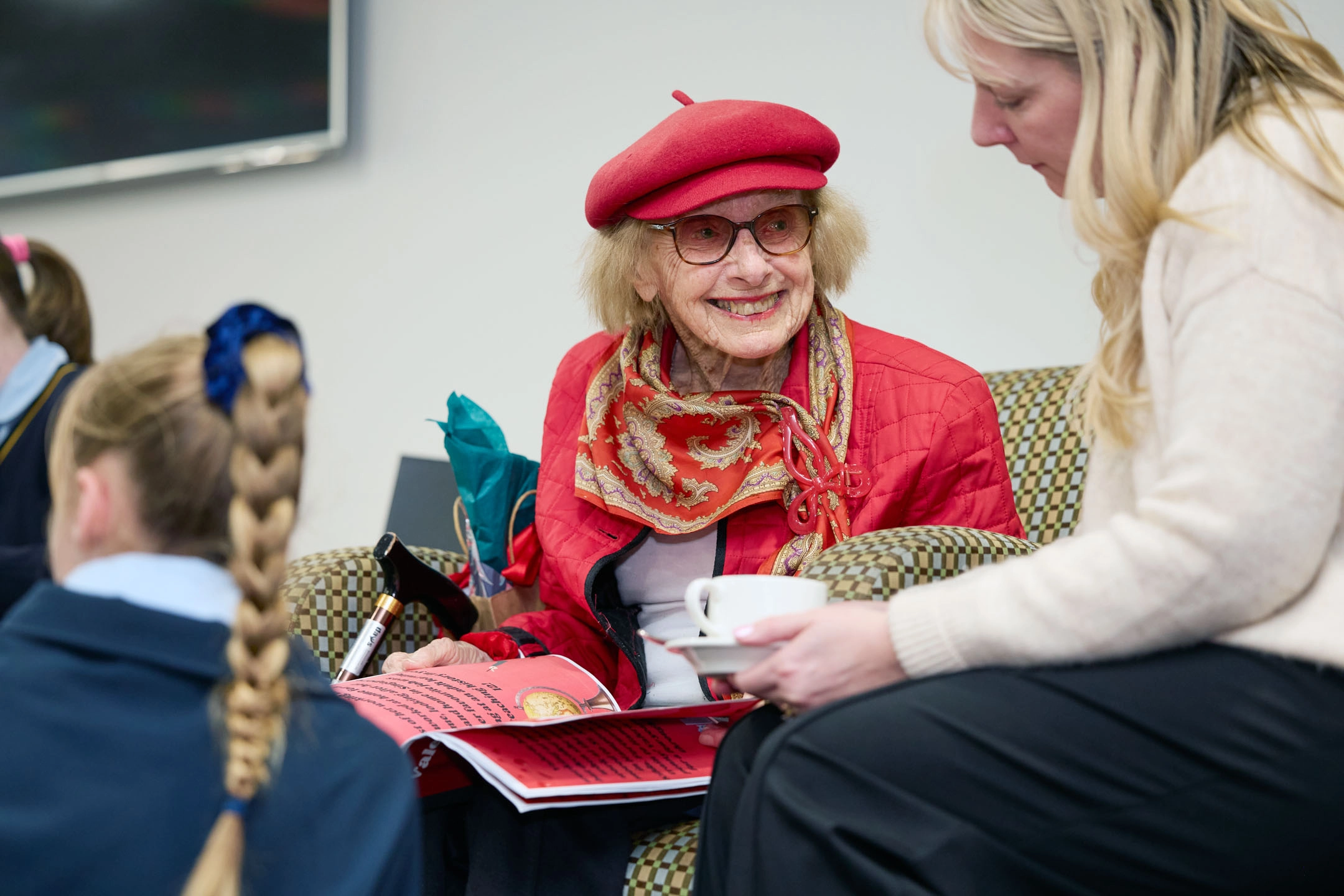Elder Abuse Awareness Day - What to Look For and What You Can Do

June 15th is Elder Abuse Awareness Day, marking an important time to check that you know the signs of abuse in older Australians.

It is a devastating truth that elder abuse affects up to 10 percent of older people worldwide, and most abuse comes from someone close to the older person.
According to the National Ageing Research Institute, over 90 percent of perpetrators in Victoria are relatives. Two thirds of abuse is perpetrated by a child of the older person, and almost three quarters of victims are female.
We can all play a role in preventing elder abuse and protecting those who once protected us. Learn the signs, and if you see something, or suspect something, SAY something.
What is Elder Abuse?
Elder abuse is widely understood as:
“any act which causes harm to an older person and is carried out by someone they know and trust. The abuse may be physical, social, financial, psychological or sexual and can include mistreatment and neglect.”
The problem of elder abuse exists across the world, and much of this abuse is hidden and not reported.
Outward signs of Elder Abuse
Elder abuse can affect a person in many ways and may cause outward signs such as:
- Depression, low mood, anxiety or insomnia.
- Loss of appetite, malnutrition, interest in life or a decline in personal hygiene.
- Feelings of insecurity, guilt and low self-esteem.
- Homelessness, or significant loss of property or assets.
- Unwanted or premature entry to aged care.
How You Can Help
There are several ways of helping to protect loved ones from experiencing elder abuse, and to help them if they do.
Take the time to take notice of what is happening in your family and your community.
Watch for sudden or unexpected changes in behaviour, or moods.
Be aware of any signs that medication may be being misused and make yourself available to them socially.
Know the warning signs and have conversations with the older people in your life and take action if you suspect something.
Taking action may include starting the conversation with an older family member or friend, intervening if you see or hear an older person experiencing family violence, or contacting Seniors Rights Victoria for advice.
If you see something, or suspect something, SAY something.
If you need help or want to seek support on behalf of someone you know contact Seniors Rights Victoria confidential helpline: 1300 368 821. More information can be found on the Senior Rights Victoria website.
Seniors Rights Victoria provides information, support, advice and education to help prevent elder abuse and safeguard the rights, dignity and independence of older people.
Mayflower provides a safe and supportive environment for older people, with a wide range of social and meaningful activities - to reduce feelings of isolation and to empower residents.
Our staff members are extensively trained to identify, and report concerns regarding elder abuse and have strict guidelines and obligations, ensuring the safety of all in our care.
For more information about elder abuse, visit the Australian World Elder Abuse Day Website.










